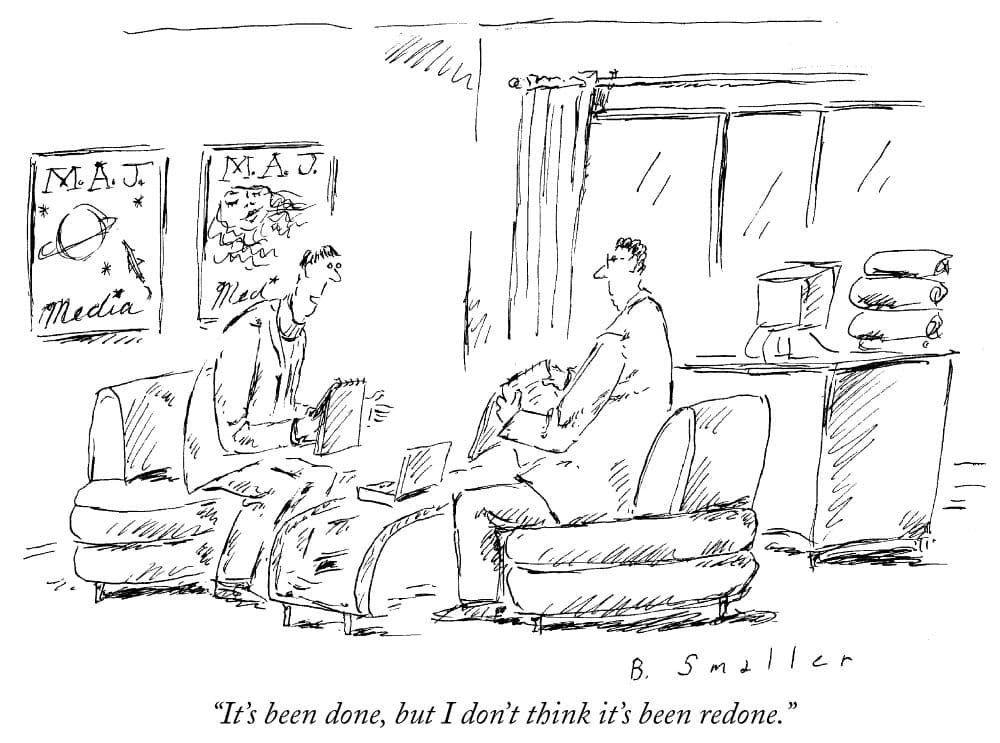NIH Urged to Allocate at Least 1% of its $48 Billion Budget to Replication Studies

A recent analysis shared by Santi Ruiz has ignited discussions regarding the National Institutes of Health's (NIH) budget allocation for replication studies, advocating for increased investment while cautioning against an overly high percentage. Ruiz stated in a social media post, "> The big takeaway: The NIH shouldn't spend 20% of its budget on replication, but it should almost certainly spend more than it does right now." This perspective highlights an ongoing debate within the scientific community about the optimal funding level to ensure research integrity.
The call for greater investment in replication comes amid a persistent "reproducibility crisis" in scientific research, where many published findings are difficult to independently verify. Replication studies are crucial for validating novel research outcomes, strengthening scientific rigor, and building public trust in biomedical science. The NIH, with an annual budget approaching $48 billion, plays a pivotal role in funding medical research in the United States.
In response to these concerns, the NIH has initiated efforts to enhance research reproducibility. The NIH Common Fund launched its "Replication to Enhance Research Impact Initiative" in September 2025, providing support for independent replication of preclinical, translational, and technology development studies. This initiative also includes a "Replication Prize" designed to crowdsource ideas and strategies for improving replicability in biomedical research.
Experts have suggested specific targets for NIH's investment in replication. A September 2025 STAT News article recommended that the NIH dedicate "at least 1% of its current budget — that is, in the neighborhood of $500 million — to systematic replication studies and fraud detection." This figure offers a concrete benchmark for the increased funding advocated by Ruiz and others.
NIH Director Jay Bhattacharya affirmed the agency's commitment in an August 2025 statement, noting that the NIH is "expanding support for replication studies" and "exploring various mechanisms to support scientists focused on replication work." While the exact percentage of the NIH budget currently allocated to replication remains a subject of discussion, there is a clear consensus on the need for enhanced focus and resources to bolster the reliability of scientific findings.